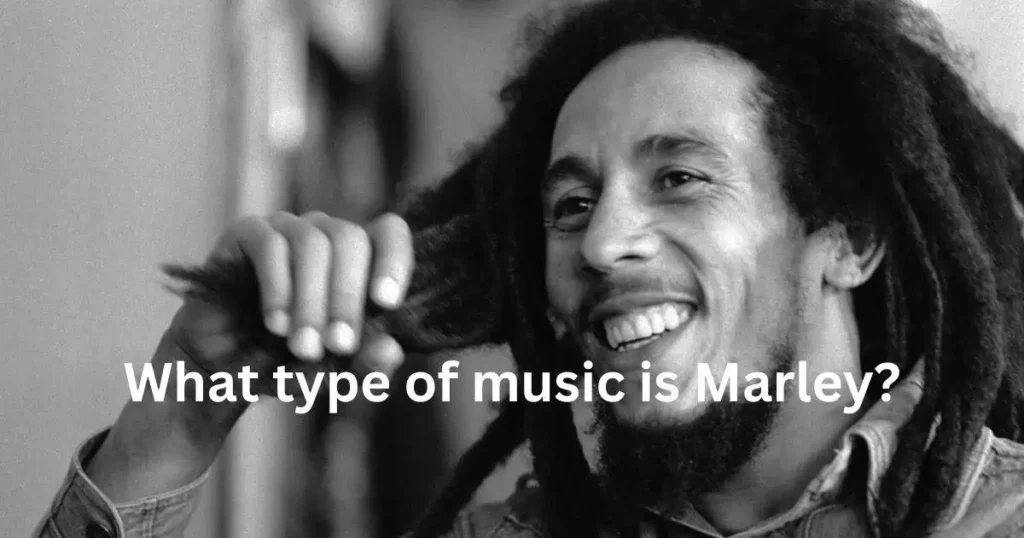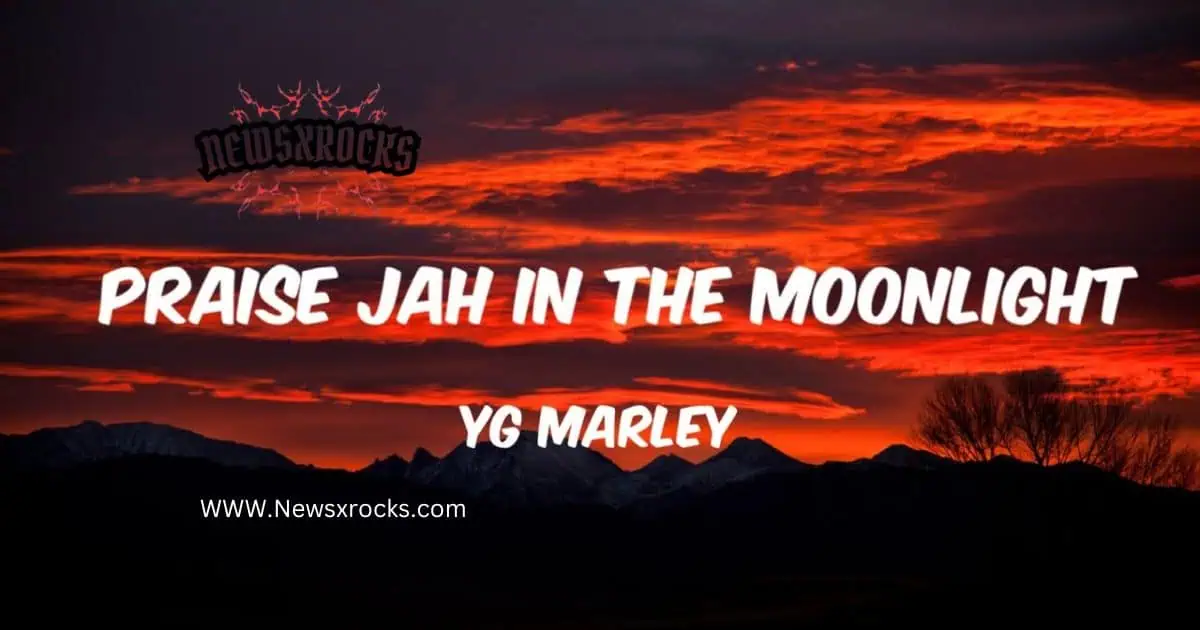Layrics
They say the sun a na shine for all
But in some people world
It never shine at all
These roads of flames are catching a fire, ahh
Showed you I loved you, and you called me a liar
Oh, no, no, no, no, no
Baby, tell me where you gone, gone, gone
I’ve been fiendin’ for your love so long
We can praise Jah in the moonlight
Baby, if you with me better do right
And I’ve been gone too long
And I’m hoping that you sing my songs (sing my songs)
I’ve been on this road for way too long
I’ve been hoping that we all get along
These roads of flames are catching a fire, ahh
Showed you I loved you, you called me a liar
Give Jah the thanks and praises
I’ve been on my own all along
But we ain’t never left alone, ‘lone, ‘lone
And if I’m telling you the feeling is wrong
Relax a little, friend, this won’t take too long
And when you’re feeling alone
You can call my phone
Is there a better way to go?
Teach them something before they lose their soul
Oh, no, no, no freedom is the road
Oh, no, no, no coming in from the cold
Tell them not to sell it, it’s worth more than gold
And guiltiness will catch them in the end
Oh yeah, oh yeah
They’ll try to manipulate you through your pockets (ahh)
Now you’re caught up in a funk with the optic, with the vision (ahh)
Trying to control your soul and take control
Oh, no, no, no (ahh)
No, we don’t play that game right here to win power (ahh)
Give Jah the thanks and praises
(Give Jah all the thanks and praises) give Jah the thanks and praises
(Give Jah all the thanks and praises) I sing, give Jah the thanks and praises
(Give Jah all the thanks and praises) give Jah the thanks and praises
(Give Jah all the thanks and praises) give Jah the thanks and praises
(Give Jah all the thanks and praises) give Jah the thanks and praises
Oh, give Jah all the thanks, the thanks
The thanks, the thanks, the thanks (give Jah thanks and)
The thanks, thanks, thanks, thanks, thanks (praises)
Thanks, thanks, thanks, thanks, thanks and praises (praises)
(Give Jah thanks and)
Give Jah the thanks and praises (praises, praises)
(Give Jah thanks and praises, praises)
(Give Jah thanks and praises, praises)
(Give Him the thanks and the praises)
Theme of The Song
The lyrics of “Praise Jah In The Moonlight meaning” reflect a deep, emotional journey intertwined with love, spirituality, and social awareness. Here’s a breakdown of the key messages the writer seems to want to convey:
1. Struggles in Life and Relationships
The opening lines suggest that life isn’t fair for everyone, as “the sun doesn’t shine for all,” and some people live in perpetual hardship. The writer also delves into personal pain and betrayal, with lines like “Showed you I loved you, and you called me a liar,” expressing the agony of unreciprocated love or being misunderstood.
2. Longing for Connection and Healing
The recurring theme of missing someone and yearning for love is evident in lines like “I’ve been fiendin’ for your love so long” and “I’ve been gone too long.” The writer hopes for reconciliation and to be understood, as seen in “I’m hoping that you sing my songs” and “I’ve been hoping that we all get along.”
3. Spirituality and Praise to Jah
A major theme is the importance of praising Jah (God) through trials. Even amid the pain and confusion, the writer emphasizes giving thanks and praises to Jah. This signifies faith, spiritual grounding, and the belief that divine guidance will help overcome adversity. The repetition of “Give Jah the thanks and praises” reinforces this devotion.
4. Guidance and Wisdom
The song also carries a message of teaching and wisdom. There’s a call to teach others “before they lose their soul” and to “not sell it, it’s worth more than gold.” This reflects a concern for moral values, self-respect, and integrity, suggesting that materialism and greed can lead to ruin. The mention of guilt and manipulation highlights the struggle against external pressures to compromise one’s soul or principles.
5. Hope and Unity
Despite the pain and struggle, there’s hope embedded in the lyrics. The writer believes in unity and support, as seen in the lines “You can call my phone” and “We ain’t never left alone.” This portrays a sense of togetherness, and the belief that, despite hardship, we are never truly alone as long as we have faith in each other.
What is the new Marley song called?
The new Stephen Marley song is called “Winding Roads,” and it’s part of his album “Old Soul,” released in 2024. This song, featuring collaborations with Bob Weir and Jack Johnson, serves as a metaphor for life’s journey and challenges, and it closes the album with a bluesy, soulful vibe.
The album includes other notable tracks like “Old Soul” and “Cool As The Breeze,” offering a blend of reggae, rocksteady, and even some jazz influence.
What type of music is Marley?

Bob Marley is most renowned for “reggae”, a music genre that originated in Jamaica in the late 1960s. He is widely regarded as one of the pioneers of this style. Reggae is characterized by its offbeat rhythms, laid-back tempo, and socially conscious lyrics.
Marley’s music often incorporates elements of “ska” and “rocksteady”, which were precursors to reggae. His distinctive style is known for blending these genres with spiritual, political, and love-related themes, making him a global icon.
What’s Marley’s biggest hit?
Bob Marley’s biggest hit is widely considered to be “One Love / People Get Ready.” This song, released in 1977 on Exodus, is one of his most iconic tracks and has become a global anthem for peace, love, and unity. It is known for its message of togetherness and harmony and has been widely recognized across the world.
Other notable songs that are considered some of his biggest hits include:
- “No Woman, No Cry” – A live version of this song from the album Live! (1975) became one of Marley’s signature tracks.
- “Redemption Song” – Released in 1980, this acoustic ballad became a powerful anthem for freedom and emancipation.
- “Three Little Birds” – Known for its uplifting message, this song has become synonymous with optimism and reassurance.
- “Buffalo Soldier” – Released posthumously in 1983, this song reflects on the struggles of black soldiers in American history.
While all of these tracks were incredibly influential, “One Love” is often cited as Bob Marley’s most commercially successful and universally recognized song.
Frequently Asked Question
What genre of music is Bob Marley known for?
Bob Marley is most famous for reggae, a genre he helped popularize globally. His music also incorporates elements of ska, rocksteady, and Rastafarian spirituality.
What is Bob Marley’s biggest hit?
“One Love / People Get Ready” is widely regarded as Marley’s biggest hit, celebrated for its message of unity and peace. Other major hits include “No Woman, No Cry” and “Redemption Song.”
What is the significance of Rastafarianism in Marley’s music?
Rastafarianism deeply influenced Marley’s lyrics, emphasizing spiritual beliefs, social justice, and connection to Africa. His songs often reference Jah (God) and advocate for freedom and equality.
What is Bob Marley’s legacy in music?
Bob Marley’s legacy is his role in spreading reggae and Rastafarian culture worldwide. He is remembered as a symbol of peace, freedom, and resistance against oppression.
What was Bob Marley’s most successful album?
“Legend”, a compilation of Marley’s greatest hits, is his best-selling album. It remains one of the best-selling albums of all time, especially popular for hits like “Three Little Birds” and “Buffalo Soldier.”
How did Bob Marley influence social and political movements?
Marley’s music became anthems for social change, addressing issues like oppression, human rights, and freedom. His songs were often used as rallying cries for anti-colonial and liberation movements worldwide.
When did Bob Marley pass away?
Bob Marley died on May 11, 1981, at the age of 36, from melanoma, a form of skin cancer. Despite his short life, his music continues to inspire generations globally.
Final Thoughts
In conclusion, Bob Marley stands as a legendary figure in music, particularly for his influence in popularizing reggae worldwide. Through his timeless hits like “One Love”, “No Woman, No Cry”, and “Redemption Song”, Marley delivered powerful messages of peace, unity, and resistance against oppression. His deep connection to Rastafarianism shaped much of his lyrical content, embedding spirituality and social justice in his music. Despite his early death, Marley’s music continues to inspire global movements for freedom and equality, securing his place as a cultural and musical icon.
Read More…
- Mad Season River of Deceit Layrics Meaning
- “River of Deceit” – Song Meaning and Lyrics Breakdown
- “Somewhere I Belong”-Lyrics
- Redbone Lyrics
- Square Biz Meaning
